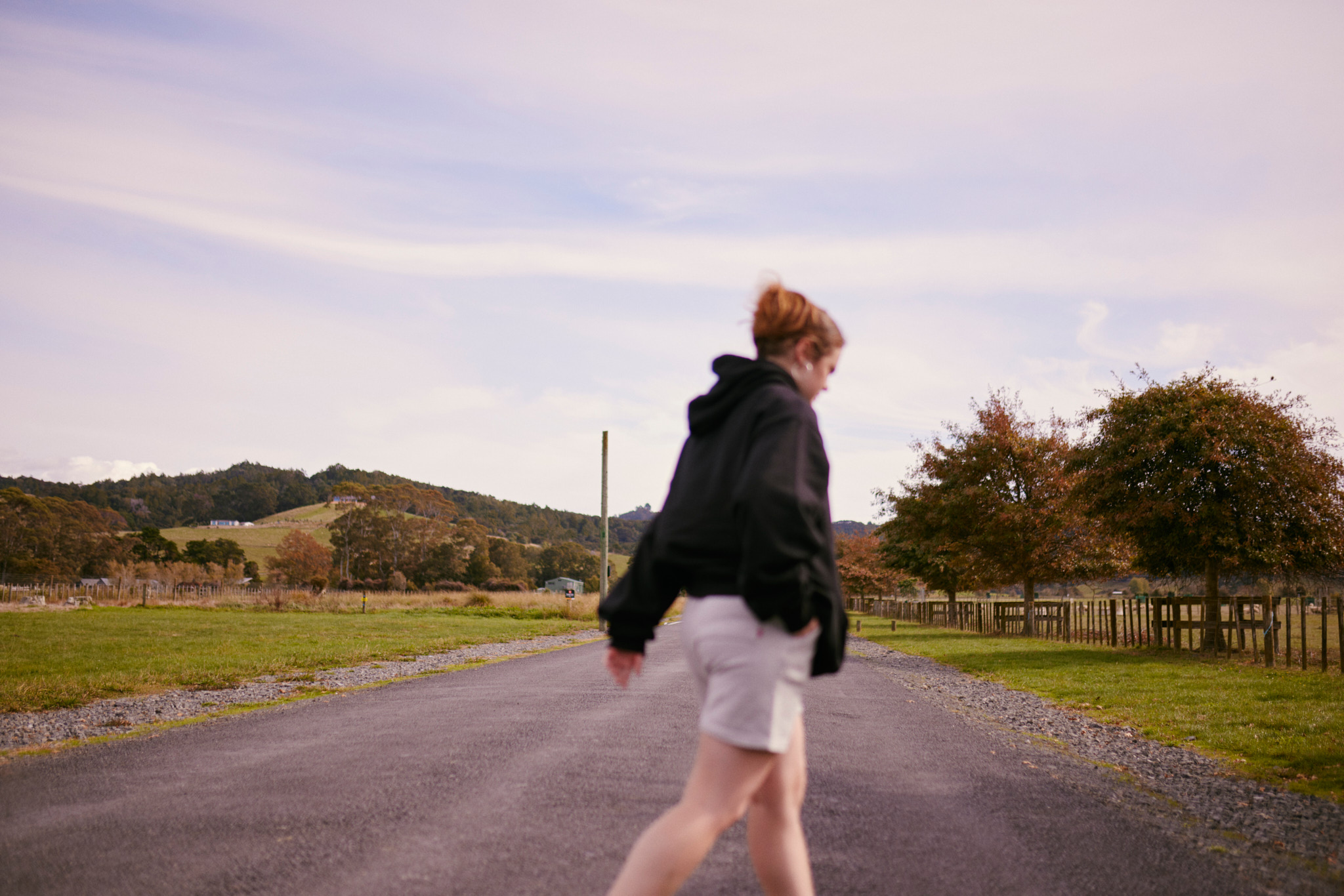Depression
Do I have depression?
Sometimes, we all have days when we just feel “blah.” But if those days keep piling up and start to outweigh the happy ones, it might mean you’re dealing with depression. This isn’t just about feeling sad; it’s a real mental health issue that can make you feel tired, cranky, or even empty for a long time. It can make everyday things—like hanging out with friends, doing well in school, or taking care of yourself—really tough.
Depression can happen for many reasons, and anyone can go through it, no matter who they are. If you often feel down, can’t find joy in things you used to love, or feel worthless, you might be in a tough spot.
If it feels like too much to handle, reaching out for help is a great idea. In this article, we’ll talk about the signs of depression, give you new ways to cope, and share tips to help you feel more like yourself again.
Signs you might be depressed
Feeling depressed can show up in different ways. It’s important to notice these signs so you can get help and find ways to feel better.
Physical signs
- You don’t feel like eating or you eat too much.
- You’re tired all the time.
- You cry a lot.
- You sleep way more than usual, or you can’t fall asleep or stay asleep.
- You feel restless and can’t sit still, or you move really slowly.
- You start hanging out less with friends and family.
- You might gain or lose a lot of weight.
Thoughts and feelings
- “I don’t care about anything anymore.”
- “I feel sad almost all the time.”
- “Every day feels off or weird.”
- “People make me really angry.”
- “Things I used to like just don’t interest me now.”
- “No matter what I do, I can’t feel better.”
- “I feel embarrassed about myself.”
- “I feel guilty for no reason.”
- “I think I deserve to feel this way.”
- “I don’t feel anything at all… it’s like I’m numb.”
- “I don’t think I’m worth much.”
- “I don’t believe things will ever get better.”
- “I just want to be left alone.”
- “I feel like no one likes me.”
- “I don’t like anyone.”
- “I feel like I’m a problem for everyone.”
- “Sometimes I think it would be better if I wasn’t around.”
- “I don’t see the point in trying.”
- “I can’t focus or make choices easily.”
Getting help with depression
If you or someone you know feels like this, it’s super important to talk to someone who can help, like a friend, parent or teacher, or you can always call the Youthline Helpline 24/7.
How to treat depression
There are two main ways to help with depression: medications and counselling.
Medications
Sometimes, doctors give you medicine to help you feel better. You might need to try a few different ones to see which works best for you. This can take some time – some medicine can take 2 to 4 weeks to kick in. It’s super important to talk to your doctor about how you feel while taking the medicine. They need to know if it’s working or if you’re having any problems. Remember, don’t stop taking any medicine without talking to your doctor first, as it can cause issues.

Counselling
Talking to someone who understands can really help! There are many types of counselling that can work for depression, and you can do them online or in-person. Some popular types of counselling include:
- Cognitive Behavioural Therapy (CBT): This helps you change negative thoughts into more positive ones.
- Acceptance and Commitment Therapy (ACT): This teaches you to accept your feelings and commit to making changes.
- Interpersonal Therapy: This focuses on improving your relationships.
- Mindfulness-Based Cognitive Therapy (MBCT): This helps you stay present and calm.
- Other methods include problem-solving therapy, behavioural activation, family therapy, supportive therapy, and others.
Finding help
The best way to feel better is to find a counsellor who really gets you. Talking about how you feel is super important – it can make a big difference! Remember, you’re not alone in this. There are people and tools out there to help you through it! You’ve got this!
Ways to look after yourself if you have depression
When you’re feeling depressed, it can be hard to do anything. But here are some helpful ways to look after yourself when you’re feeling down:
Get back to basics
- Make sure you’re getting enough sleep.
- Eat healthy foods to give your body energy.
- Try to move a little, even if it’s just a short walk.
- Set up a daily routine. Get up at the same time every day, eat meals regularly, and plan fun activities. Even cleaning your room can feel like a fresh start!
Ease back into things
- Start small. Clean one part of your room, cook one meal, or try one new activity.
Stay healthy
- Even if it seems tempting, using drugs or alcohol to feel better can make you feel worse later. It’s not a good mix with depression!
Stay connected
- Keep hanging out with your friends, even if you don’t feel like it at first. You might feel happier after spending some time together.
- Talk to adults in your life who care about you. They want to help!

Express your feelings
- Every day, take a little time to be alone where you feel safe. Listen to music, draw, write, or keep a diary. Afterward, do something else like showering or cooking.
Take time to chill
- Express Yourself: Write, draw, paint, or be kind to yourself. Thinking of things you’re thankful for can help, too!
- Release Energy: Go for a walk, play a sport, take a nice bath, or ride your bike.
- Refocus Your Mind: Watch a movie, play a game, read a book, cook something you love, or take a nap.
- Connect with Others: Spend time with pets, text or call a friend, or hang out with family.
- Reflect: Take a moment to notice what’s around you. Listen to your favourite music, practice yoga or meditation, or lie on the grass and watch the clouds.
Talk to someone
- Sharing how you feel with someone who cares can really help. Think about who you can talk to for support. Remember, you’re not alone, and it’s okay to ask for help!
Get Support
If you’re feeling really overwhelmed and need new ideas to cope, talking to a Youthline counsellor can be super helpful. Here’s how you can reach out for help:
Free Helpline: Call us anytime – 24 hours a day, 7 days a week. It’s free and private, so you don’t have to worry about anyone finding out.
Call: 0800 37 66 33
Text: 234
Email: talk@youthline.co.nz
Webchat: You can also chat with us online if that’s easier for you.